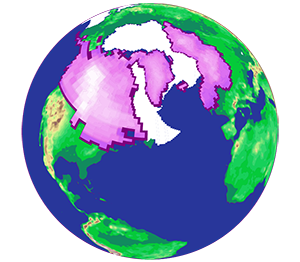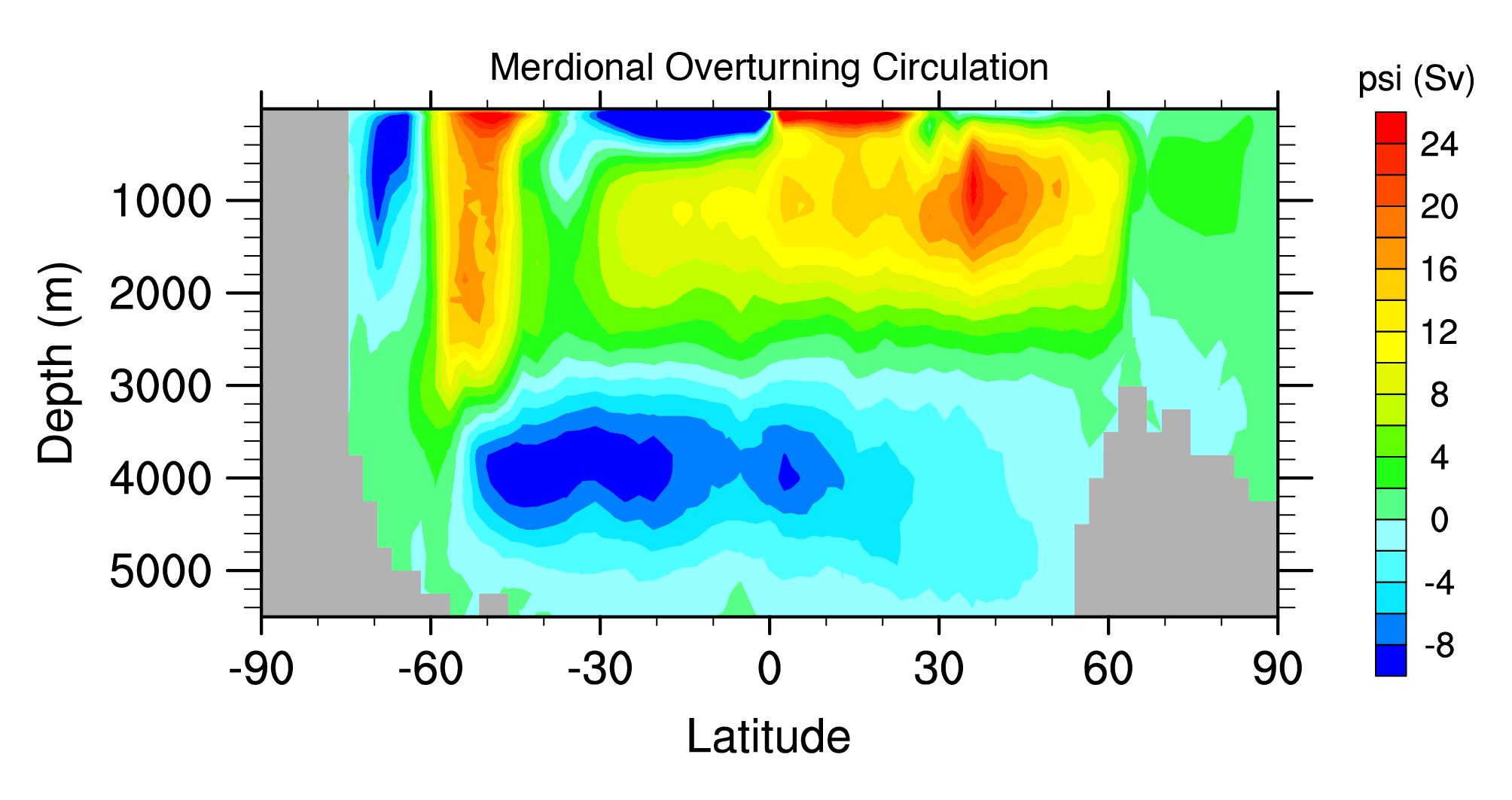刘永岗
Academic Title:Vice Dean of the Institute of Ocean Research
Degree:Doctoral degree
Status:Employed
School/Department:Department of Atmospheric and Oceanic Sciences
Paleoclimate
-
Snowball Earth Events: these are the most extreme climate events that have occurred in the Earth history. During these events, all the continents were covered by land ice, but whether the oceans were completely or partially covered by sea ice is being intensely debated. We want to understand the climate and its abrupt changes associated with these events by doing climate simulations.

Last Glacial Maximum: the extent of continental ice sheet was at its maximum at approximately 21 kilo-years ago (ka) during the last glacial cycle. It is a typical climate that is very different from the present-day climate and is well observed, therefore a great testbed for both our climate theories and models. We try to understand the discrepancy between the models and observations for this period by improving the boundary conditions or including more processes into the climate models.

Physical Oceanography
-
We want to understand how surface winds, atmospheric dust loading, geothermal heat flux and glacier meltwater etc. affect the Atlantic Meridional Ocean Circulation (AMOC) and El Niño-Southern Oscillations (ENSO).

Glacier Dynamics
-
The major problem that we are interested in is the interaction between the ocean and the ice shelves because it is critically important for predicting how fast the Antarctic ice sheet will melt in the future. We also work on the glacier dynamics during the LGM and the Snowball Earth events, and on other planets.
Sealevel Change
-
When ice sheets grow or melt, they not only just redistribute water at the Earth’s surface but also deform the solid Earth, therefore the mass distribution of the Earth is changed, which affects both the gravitational fields and the rotational state of the Earth. This has direct effect on the sea level change when Greenland ice sheet or Antarctic ice sheet melt in the future; sea level rises more for regions far from the ice sheet than for regions close to the ice sheet. Sea level can even drop for places very close to the ice sheet. The major effect on Earth rotation is to gradually shift the ice sheets from higher latitudes towards the equator.

